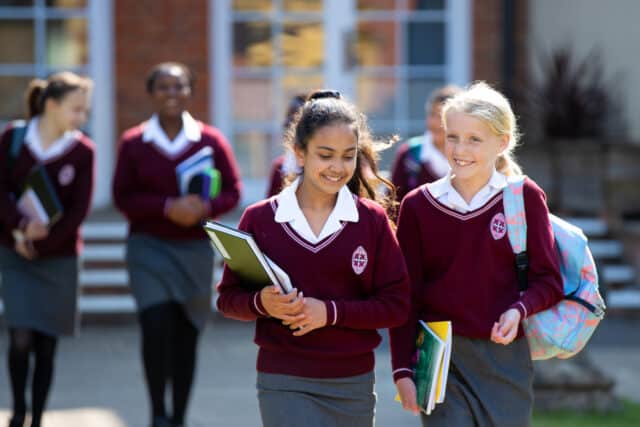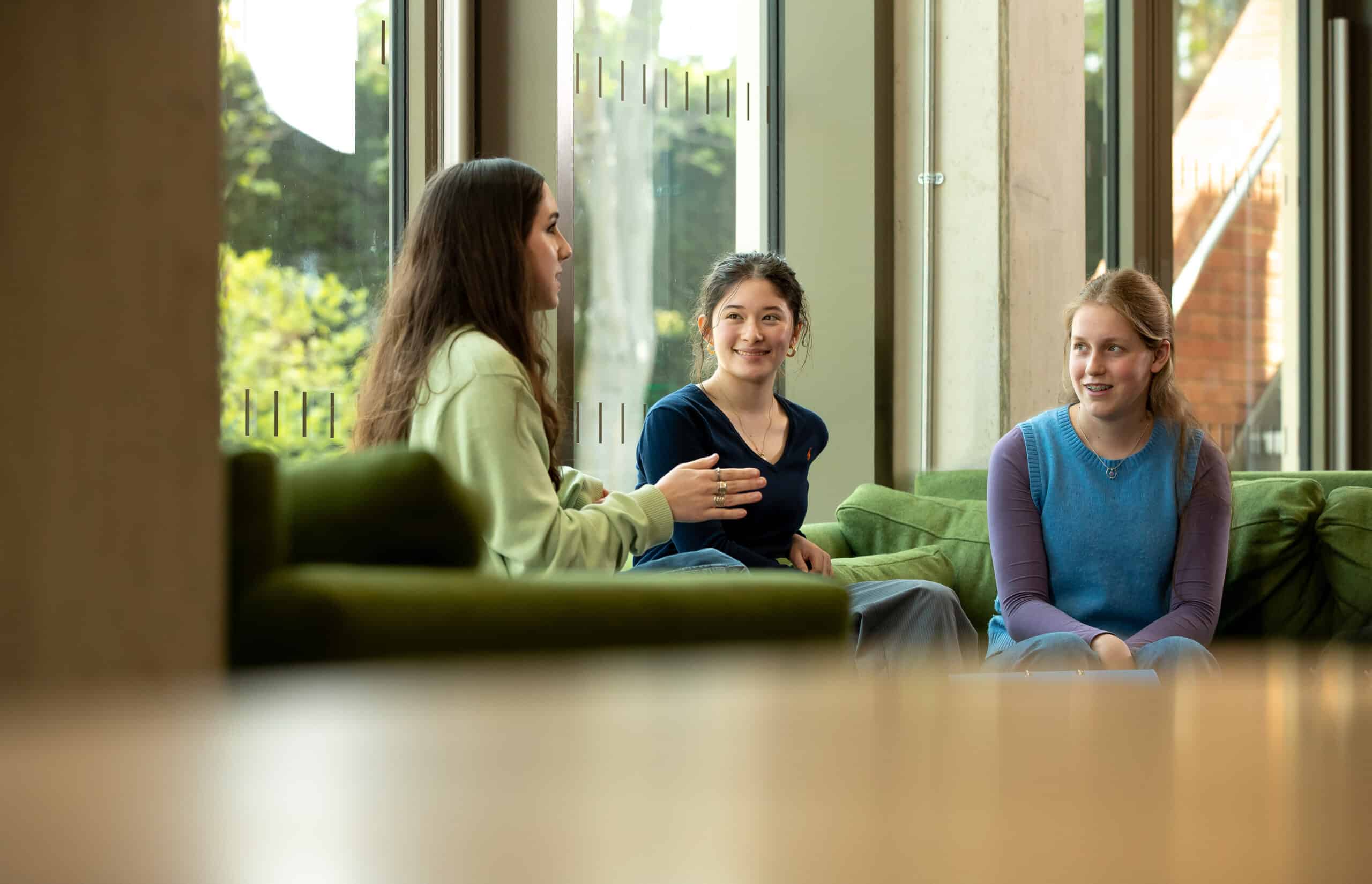Geography is a subject that bridges the gap between humanities and science subjects, allowing you to study for a variety of future careers including medicine, engineering and architecture. It considers the complex and ever-changing relationship between people and their world. The curriculum is wide-ranging, and you will enjoy how much the topics overlap with your other subjects at A level. For example, global governance links well with politics and economics while coasts links to biology and mathematics. A level Geography also provides the opportunity to learn a variety of valuable skills – analysing and using data, writing reports, using statistics to test a hypothesis, presenting and selling ideas, and working collaboratively in groups; all are highly relevant in the 21st-century workplace.
Topics studied
Unit 1: Physical geography – 2 hours 30 minutes exam, 40% of A level
- Water and the carbon cycles
- Coastal systems and landscapes
- Hazards
Unit 2: Human geography – 2 hours 30 minutes exam, 40% of A level
- Global systems and global governance
- Changing places
- Contemporary urban environments
Unit 3: Non-examined assessment – 3000-4000 words, 20% of A level
You will complete an individual, independent investigation which must include data collected in the field. The individual investigation must be based on a question or issue related to coastal environments, changing places or urban environments.
As part of the course, you will be given the opportunity to learn how to collect data during the four days of fieldwork which will take place during Lower Sixth.
47.6%
A*–A in A level Geography in 2024
85.7%
A*–B in A level Geography in 2024
Academic enrichment
As part of the A level course, you are required to complete four days of fieldwork. This includes a two-day residential to study coastal geography in Dorset. In addition, you will also visit areas of Oxford to study urban processes as well as Witney to examine perceptions of place. The department offers the opportunity to attend a biennial four-day residential visit to Iceland. This allows you to further your understanding of the hazards unit as part of your physical geography paper.
Each week, students meet at lunchtime to discuss and debate issues ranging from food miles to the future of indigenous communities. In addition, the Geography Society arranges regular lectures from prominent speakers such as Tim Marshall, author of Prisoners of Geography. Each year we hold a Sixth Form Geography Dinner with Radley College. Oxbridge applicants are supported through a weekly group to provide further opportunities to go beyond at A level.









